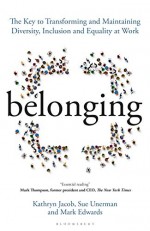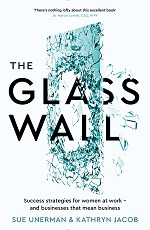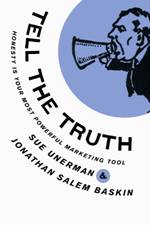 Hey, money makers, leave the kids alone.
Hey, money makers, leave the kids alone.
This is the thrust of George Monbiot’s recent rant in the Guardian about City Firms seducing grads into a doomed life of making money and ruining their lives. He argues that at this vulnerable point when they’ve got their lives in front of them they should get some protection from “lovebombing of the kind that cults use. They sponsor sports teams and debating societies, throw parties, offer meals and drinks, send handwritten letters, use student ambassadors to offer friendship and support. They persuade undergraduates that even if they don’t see themselves as consultants or bankers (few do), these jobs are stepping stones to the careers they really want.”
They sell their soul in George’s experience for the promise of a lucrative career.
It’s an interesting argument and one that has been much shared on social media. The evidence is that many people in fact regret their career choices. A Management Today survey says that three quarters of workers have some regrets. Reports of which careers give more happiness can be contradictory. The Guardian report from April of this year lists Engineers, Teachers, Nurses, Doctors and Gardeners as the top 5 most satisfactory careers, though a Forbes report claims that Doctors are bitter often about their choice of career and many wish they’d picked a different profession.
Of course graduates are under pressure to choose after investing so much in their own education. To suggest that they are in danger of being seduced by an evil empire seems however massively to underestimate their intelligence and independence.
There’s an argument that your first job is just a stepping stone. Especially now, when new jobs are being invented at high frequency, (there weren’t many programmatic practitioners 5 years ago) so old ideas about career ladders are redundant. A smooth career trajectory might not lead to greatness. Anna Wintour, famously fired early in her career, believes that it’s important to have setbacks because that’s the reality of life, of any career.
There are those who have a true vocation in life and will sacrifice everything to accomplish their dreams. There are others who get huge satisfaction from being as good as they can at what they do every day. Behavioural economics experiments (for instance the well known Hawthorne Effect) show that if you give people the sense that they can control aspects of their job then they will be happier. I’d add to this, real joy in work comes from taking that self determination for yourself, knowing that the only person who can give you a good or bad day at work is you and what you make of the events around you. So just maybe it doesn’t matter that much what job you take when you graduate. What matters is what you make of it, good or bad. No Faustian pact necessary.





You are not a planner you are a lawyer
Friday, June 26th, 2015It was a stellar line up (details at Neil Perkin’s Only Dead Fish page) and included two planners who combine their planning genius with immaculate comedy timing, so if you get the chance to go and see them speak don’t miss it (Richard Huntingdon CSO at Saatchi and Andy Nairn partner at Lucky Generals). All of the speakers combined erudition, humour and stuff to learn from.
Amelia Torode, TBWA’s CSO, told us what she’d been told by her one time boss Jon Steel : “You’re not a planner you’re a lawyer”.
Is your main job to lay out each detail of the construction of a comms plan or to win your audience – the client – to buy your point of view?
If it’s the latter then borrowing techniques from the court room might be really useful.
From the OJ Simpson trial Torode mentioned not only the famous use of rhyme (“if the glove don’t fit you must acquit”), but also a less known equally persuasive question from the defence team : how many cockroaches do you need to find in a bowl of spaghetti before you decide not to eat it?
So rhyme and rhetoric. In addition try humour, try repetition. George Carman QC was famous for both. In a notorious case where he fought for one time household name and popular comic Ken Dodd (87 and still touring) up in the dock for tax evasion he said: “Some accountants are comedians, but comedians are never accountants.” Dodd was acquitted.
When South African liberal journalist Jani Allan sued Channel 4 for the allegation that she had had an affair with the neo-Nazi leader, Eugene Terre Blanche, Carman successfully persuaded the jury to give their verdict against her. A key part of the trial was his interrogation of her former friend, Linda Shaw who said she’d seen them through the keyhole. He asked her what she’d seen. She said “a bottom”. He asked “what colour?” “White” she replied. He pressed for more detail. She explained that it was large. He then repeatedly asked her to confirm that what she had seen was in fact a large, white, bottom. And what she thought that that large white bottom was up to.
Carman: “Where was the bottom in relation to the knees?’
Shaw: ‘In between her two knees.’
Carman: ‘There was movement up and down?’ And so on..
You get the picture. Literally I expect, just like the jury did. So paint a picture, then repeat it. And again.
In another way the success of a good planner has the same root as that of a great lawyer as I’m sure all the speakers at Google Firestarters 15 would agree. Commentators said of Carman that the secret of his success was simple: sheer hard work studying every detail of the evidence and data to build his case.
Posted in MediaComment | No Comments »